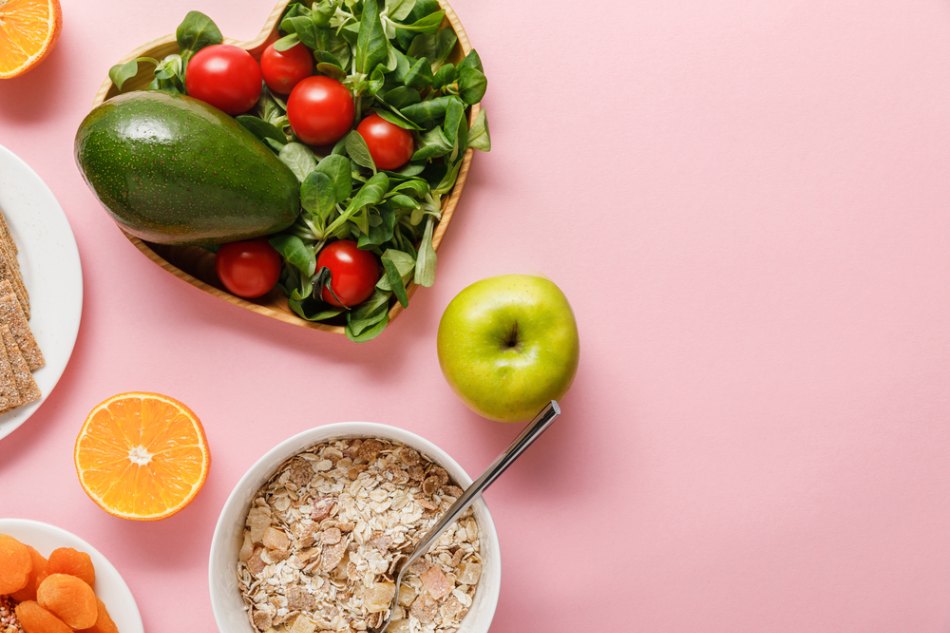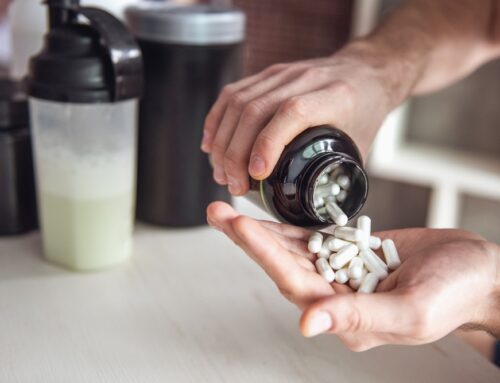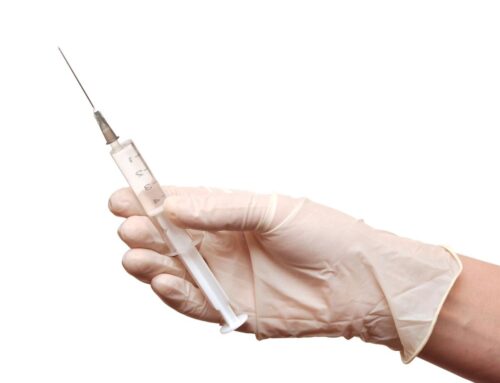Want to boost your testosterone and improve your health? Zinc, vitamin D, magnesium, and vitamin B6 are your go-to nutrients. Zinc fights nutrient deficiencies to keep hormone levels steady, while vitamin D is key for maintaining those levels and supporting muscle strength.
Magnesium plays a big part in over 300 body processes, including hormone regulation, which is essential for a healthy body composition. And vitamin B6? It’s crucial for making sure your body makes testosterone efficiently. Together, these nutrients in a nutritious diet can help you feel your best and keep your testosterone at its peak.
The Importance of Zinc
Zinc isn’t just a mineral; it’s a key player in maintaining muscle mass and optimal testosterone levels. By helping convert cholesterol to testosterone, zinc ensures your body has what it needs for energy, mood stability, and a healthy libido. It also stops testosterone from changing into estrogen, which is crucial for men’s health.
But zinc’s health benefits don’t stop there. It’s also linked to maintaining a healthy body weight and can influence the success of a low-fat diet. Plus, adequate zinc intake is associated with better heart health and may even reduce the risk of some chronic diseases.
So, if you’re looking to keep your testosterone levels on track and support your overall health, make sure your diet is rich in zinc. Whether through food or supplements, getting enough zinc is a smart move for your body’s well-being.
Boosting Testosterone With Vitamin D
Vitamin D is key for maintaining healthy testosterone levels. A lack of it can lead to a decrease in this crucial hormone. To boost your levels, get some sun. Your body makes vitamin D when your skin is exposed to sunlight. You can also eat foods rich in vitamin D. Fatty fish like salmon and mackerel are great choices. Fortified dairy and egg yolks are good too.
If you can’t get enough vitamin D from the sun and your diet, consider supplements. They can help you meet your daily needs. Proper vitamin D levels support not just testosterone, but also sex drive and lean body mass. They can even influence blood pressure.
Remember, a dietary intake that includes green vegetables is important. It complements a diet aimed at healthy testosterone levels. Plus, regular physical activity boosts the effects of vitamin D on your body. Together, they can help maintain a healthy balance of sex hormones.

Magnesium: A Key Mineral for Optimal Testosterone Levels
Adding magnesium to your diet is vital for keeping your testosterone levels high. This mineral is a big player in hormone regulation. It helps turn cholesterol into testosterone, which is key for muscle strength and vitality. Magnesium also boosts sleep quality and can lower stress levels. This is good news for your heart health too.
For a balanced diet, eat magnesium-rich foods like leafy greens, nuts, seeds, and whole grains. These can help manage cholesterol levels and support hormonal health. If you’re not getting enough from food, a healthcare professional might suggest supplements.
Remember, chronic stress and alcohol consumption can affect your testosterone. They can also raise your risk of certain medical conditions. A dietary assessment can help ensure you’re getting enough magnesium for your health.
Vitamin B6: Fueling Testosterone Production
Fuel testosterone production by including vitamin B6 in your diet or supplementation regimen. Vitamin B6, also known as pyridoxine, plays a crucial role in the synthesis of testosterone in the body. Here are three reasons why vitamin B6 is essential for optimal testosterone levels:
- Hormone regulation: Vitamin B6 helps regulate the production and balance of hormones in the body, including testosterone. It aids in converting androgens, such as testosterone, into their active forms.
- Increased testosterone production: Vitamin B6 stimulates the production of testosterone by enhancing the activity of enzymes involved in its synthesis. This can lead to higher levels of testosterone in the body.
- Improved energy levels: Vitamin B6 is involved in the metabolism of carbohydrates, which are a crucial source of energy for the body. By improving carbohydrate metabolism, vitamin B6 supports overall energy levels, which can positively impact testosterone production.
Including vitamin B6-rich foods like bananas, chicken, salmon, and spinach in your diet can help fuel testosterone production and support optimal levels. Alternatively, you can consider taking vitamin B6 supplements under the guidance of a healthcare professional.
Other Essential Vitamins and Minerals for Testosterone Optimization
To really get your testosterone levels up, it’s important to focus on your diet. Think of your body like a high-tech cell culture lab, where every vitamin and mineral you take in can make a difference. Eating the right foods at the right frequency can set positive trends for your hormone health.
Zinc is super important for making testosterone and keeping sperm healthy. It’s like the fuel for your body’s hormone factory. Foods packed with zinc include oysters, beef, and even pumpkin seeds. And don’t forget about vitamin D; it’s like the sunshine vitamin that can boost your testosterone. You can soak up vitamin D from the sun or from munching on fatty fish, sipping fortified milk, or enjoying an egg yolk or two.
Magnesium is another big helper for your testosterone. It’s found in powerhouse foods like spinach, almonds, and black beans. These nutrients aren’t just good for hormones; they also help you keep a healthy weight. And maintaining a healthy weight is important because it’s tied to better sex hormone levels and can help with weight loss by reducing body fat mass.
Now, iron is another key player, especially when you pair it with leafy vegetables. It’s like a growth factor for your body, helping you stay strong and manage insulin levels, which is super important for your overall health. Plus, keeping your insulin in check can lower your risk of type 2 diabetes and heart problems.
Human studies have shown that all these vitamins and minerals, including the right levels of zinc, can help you avoid certain health conditions. So, remember to eat a balanced diet to keep your testosterone and your body in tip-top shape. It’s not just about being healthy today; it’s about staying healthy for all your tomorrows.
Conclusion
Wrapping it up, keeping your testosterone in check is super important for your health and happiness. The relationship between diet and hormone levels is clear: what you eat matters. Essential nutrients like zinc, vitamin D, magnesium, and vitamin B6 are the building blocks for healthy testosterone levels. These aren’t just good for your hormones; they also help keep your heart healthy and fight against cardiovascular disease.
Remember, not all fats are bad, but a high-fat diet without balance can lead to an unhealthy body composition. Instead, aim for foods that naturally have the good stuff, like dairy products for levels of vitamin D and leafy greens for magnesium.
For those managing health conditions like type 2 diabetes, these nutrients are even more crucial. They act as independent factors that can improve your health. But it’s not just about what you take; it’s also about how often. Intake frequency and dietary factors play a huge role in your health.
Before you start any supplement, talk to a doctor to get the dosage just right. Take control of your health by fueling up with the right foods and nutrients for your body to thrive with optimal testosterone levels.





